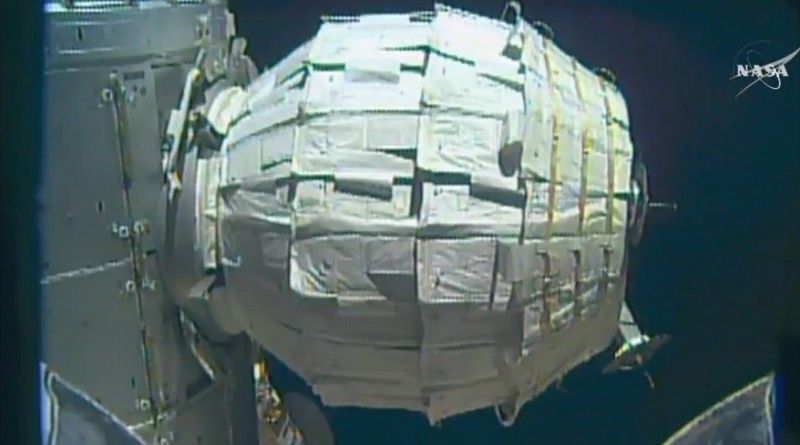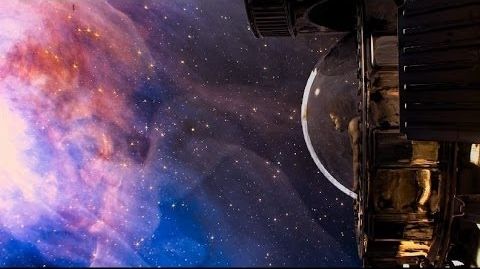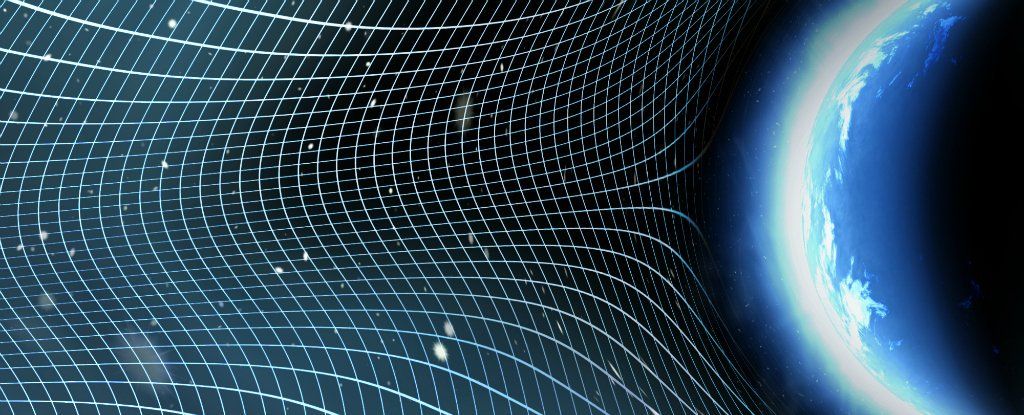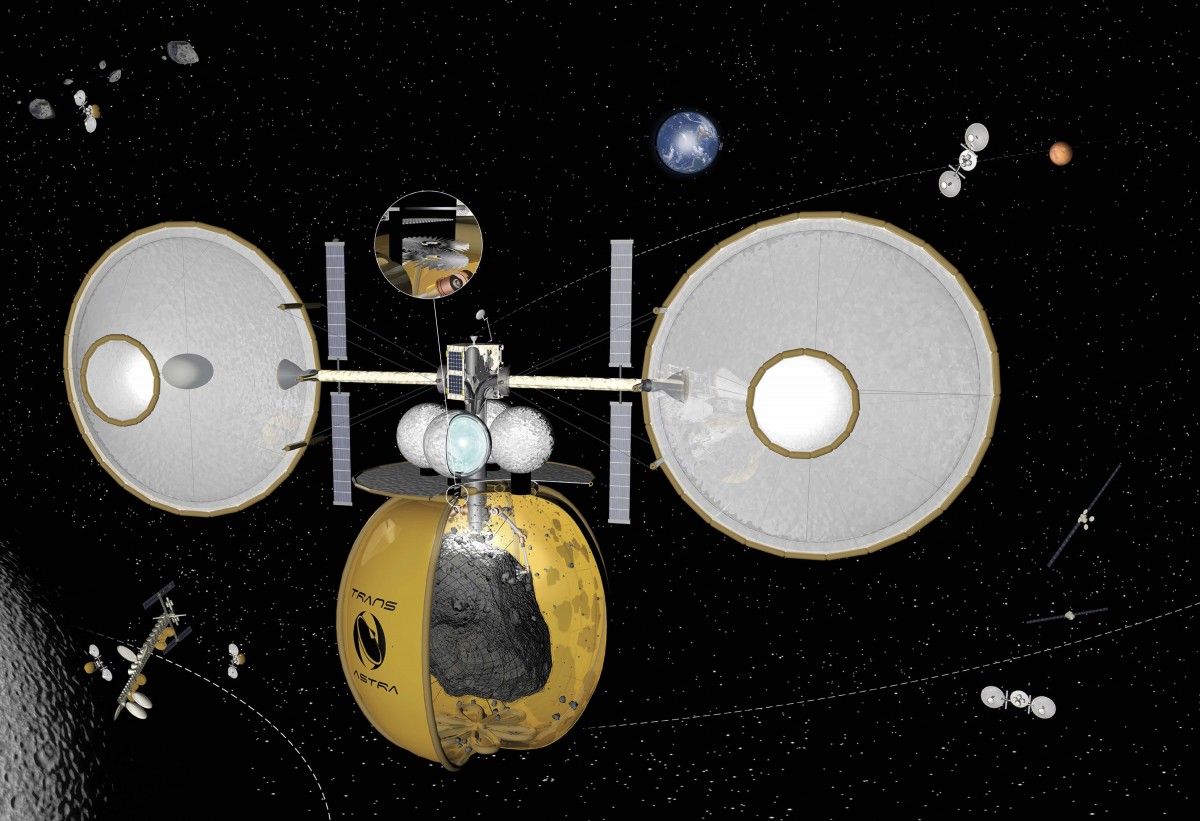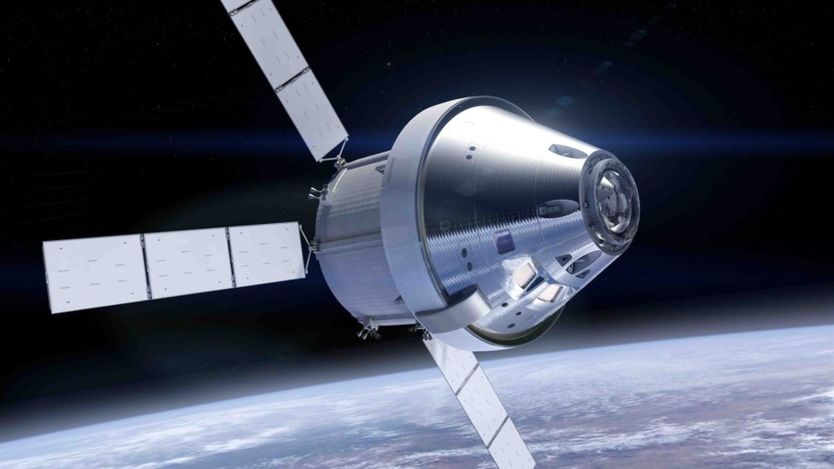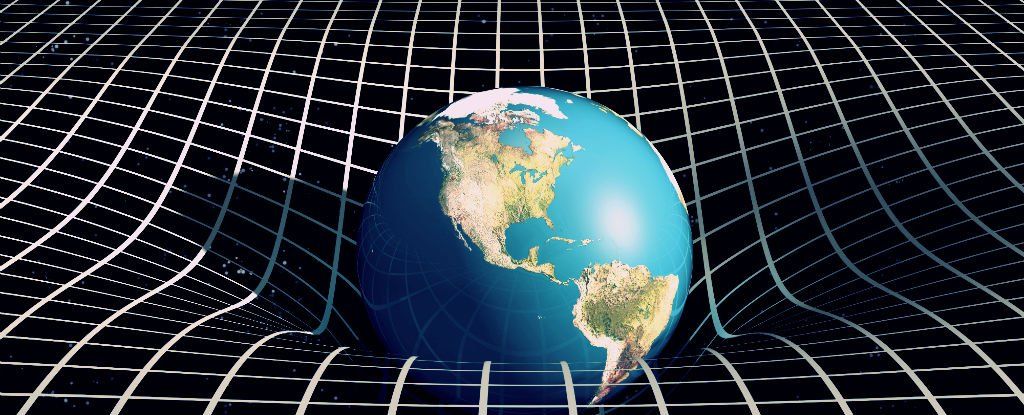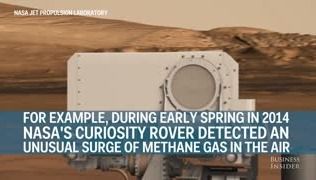The International Space Station grew in size on Saturday when the Bigelow Expandable Module (BEAM) was successfully expanded on the second attempt after the initial deployment on Thursday did not work out as planned.
Putting in a long weekend shift, teams at Mission Control and Astronaut Jeff Williams worked for close to eight hours to finally accomplish a safe expansion & pressurization of the module.
BEAM’s expansion marks the conclusion of a two-decade effort between NASA and private industry to test out expandable habitat technology in space.
